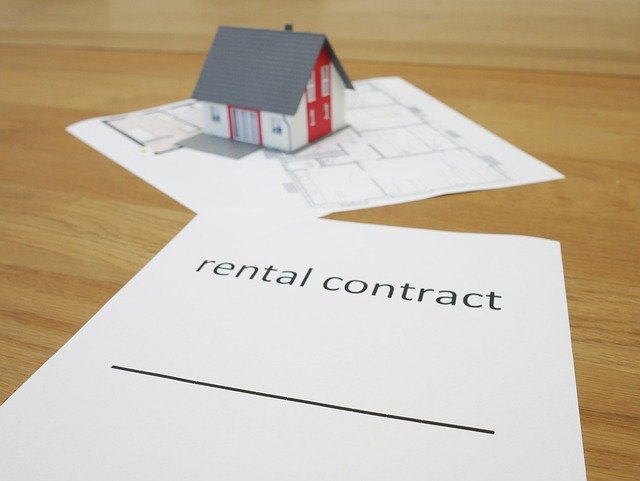Rent to Own Homes: A Comprehensive Guide to Alternative Home Ownership
Rent to own homes, also known as lease-to-own or lease-option agreements, offer a unique pathway to homeownership for those who may not qualify for traditional mortgages. This alternative approach combines renting with the option to purchase the property, providing potential buyers with time to improve their financial situation while living in their future home. Let's explore the intricacies of rent to own arrangements and how they can benefit both buyers and sellers in the real estate market.

During the lease period, tenants have the opportunity to improve their credit score, save for a down payment, and familiarize themselves with the property and neighborhood. If they decide to exercise their option to buy at the end of the lease term, the accumulated rent credits can be applied towards the purchase price or closing costs.
What are the benefits of rent to own for potential homebuyers?
Rent to own arrangements offer several advantages for aspiring homeowners. Firstly, it allows individuals with less-than-perfect credit or insufficient savings for a down payment to work towards homeownership while living in the property. This period gives them time to address financial issues and prepare for mortgage qualification.
Additionally, rent to own agreements often lock in the purchase price at the beginning of the lease term. In a rising real estate market, this can result in significant savings for the buyer. The ability to “test drive” the home before committing to a purchase is another benefit, as it allows tenants to ensure the property and neighborhood meet their long-term needs.
What should sellers consider before offering a rent to own option?
For property owners, offering a rent to own option can be an effective way to sell a home in a challenging market or to attract a wider pool of potential buyers. It can provide a steady income stream through rent payments while potentially securing a sale at a predetermined price.
However, sellers should carefully consider the risks involved. There’s no guarantee that the tenant will ultimately purchase the property, which could result in a longer selling process. Additionally, if property values increase significantly during the lease term, the seller may miss out on potential profits.
Sellers should also ensure they have a clear, legally binding agreement that outlines all terms of the rent to own arrangement, including the option fee, purchase price, rent credit calculations, and responsibilities for property maintenance and repairs.
What are the potential drawbacks of rent to own homes?
While rent to own agreements can be beneficial, they also come with potential drawbacks. For tenants, the primary risk is the possibility of losing their option fee and accumulated rent credits if they’re unable to secure financing or decide not to purchase the home at the end of the lease term.
Another consideration is that rent payments in these arrangements are often higher than standard rental rates, as they include the additional rent credit component. Tenants should ensure they can comfortably afford these higher payments throughout the lease period.
For both parties, it’s crucial to have a clear understanding of who is responsible for property taxes, insurance, and maintenance during the lease term. These responsibilities should be clearly outlined in the agreement to avoid potential disputes.
How can you find legitimate rent to own home opportunities?
Finding reputable rent to own opportunities requires diligence and careful research. Start by looking for listings on real estate websites or contacting local real estate agents who specialize in alternative financing options. Be cautious of deals that seem too good to be true, as rent to own scams do exist.
When you find a potential opportunity, thoroughly investigate the property and the seller. Conduct a title search to ensure there are no liens or other issues with the property. It’s also wise to have the home inspected to identify any potential problems before entering into an agreement.
Always work with a real estate attorney to review and negotiate the terms of the rent to own agreement. This professional guidance can help protect your interests and ensure that all aspects of the deal are fair and legally sound.
Rent to own homes can offer a viable path to homeownership for many individuals and families. By understanding the process, benefits, and potential risks involved, both buyers and sellers can make informed decisions about whether this alternative real estate arrangement is right for them. As with any significant financial decision, it’s essential to conduct thorough research and seek professional advice to navigate the complexities of rent to own agreements successfully.






